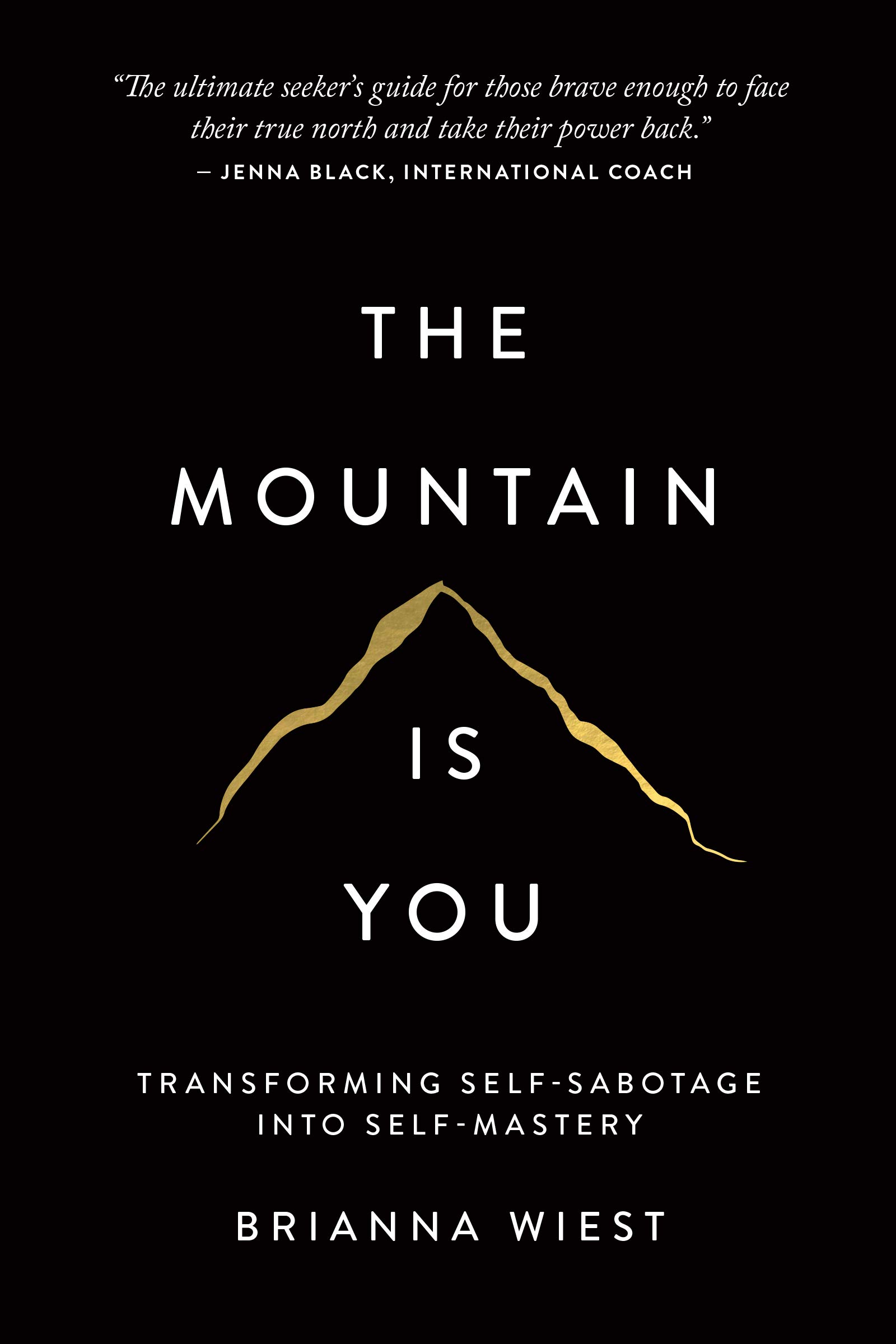
Brianna Wiest’s The Mountain Is You has become a modern favorite in the self-development space, championed across TikTok and Instagram as a life-changing manual for overcoming self-sabotage. The book promises to help readers recognize destructive patterns, understand why they repeat them, and ultimately turn those internal obstacles into paths of growth. At its heart lies a striking metaphor: the mountain you are trying to climb is not outside of you it is you.
What the book sets out to do
Wiest explores the psychology behind self-sabotage, proposing that conflicting needs within us often lead to self-defeating choices. We want success but fear failure; we crave change but cling to comfort. By bringing awareness to these contradictions, she argues, we can stop resisting our own evolution and start building emotional intelligence, resilience, and self-trust.
The early chapters are particularly effective in unpacking how unconscious beliefs and past trauma shape our behavior. Wiest encourages readers to “meet” their self-sabotage with compassion rather than shame, treating it as a signal that something deeper needs attention. Her message that healing and self-mastery require courage and honesty rather than motivation alone is both simple and empowering.
Where it connects with readers
For many, especially those drawn to reflective or spiritual self-help, Wiest’s writing resonates on a personal level. Her prose blends psychology, poetry, and affirmation, making it feel more like a guide whispered by a caring mentor than a traditional textbook. The audiobook, narrated with warmth and conviction, enhances this tone, turning the experience into something that feels both personal and motivational.
Readers who approach the book as a companion for emotional growth rather than a clinical resource will find memorable insights about patterns, resistance, and inner healing. Wiest’s reflections on self-worth, boundaries, and personal responsibility have inspired countless readers to take accountability for their own change.
Where it falls short
That said, The Mountain Is You has drawn its share of criticism, and some of it is fair. Readers with backgrounds in psychology or mental health have noted that Wiest’s claims lack academic grounding. The references are sparse, and many ideas are presented as universal truths without citing established research. Her metaphors, while evocative, sometimes drift into vague or oversimplified territory.
Others take issue with the book’s tone, which can verge on the overly inspirational and repetitive. Some of her phrases such as equating messy living spaces or eating fast food with self-sabotage come across as reductive or insensitive to complex realities like mental illness, trauma, or socioeconomic hardship.
Still, these flaws do not erase the book’s impact. Wiest’s approach is not meant to replace therapy or academic psychology; it is an invitation to self-inquiry. For readers in the early stages of personal growth, the message is clear and accessible: stop fighting yourself, and start transforming the very habits that hold you back.
Final thoughts
The Mountain Is You works best as a gentle starting point rather than a definitive guide. Its real power lies in its emotional resonance the sense that your biggest challenges are not punishments but portals to transformation. Wiest reminds us that growth is not about conquering the mountain, but about becoming strong and self-aware enough to climb it with grace.
If you are seeking an encouraging, introspective read that blends mindset coaching with soulful reflection, this book may speak to you. Just keep in mind that its wisdom is poetic, not prescriptive, and works best alongside more grounded resources or therapy for deeper change.
Buy The Mountain Is You: Transforming Self-Sabotage Into Self-Mastery by Brianna Wiest on Amazon: https://amzn.to/4h8oFi6


